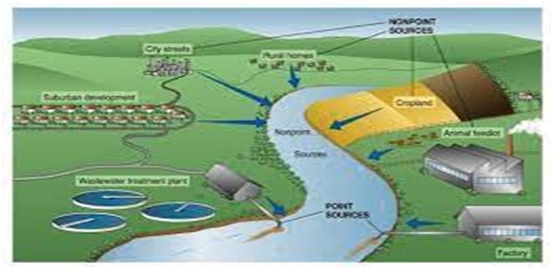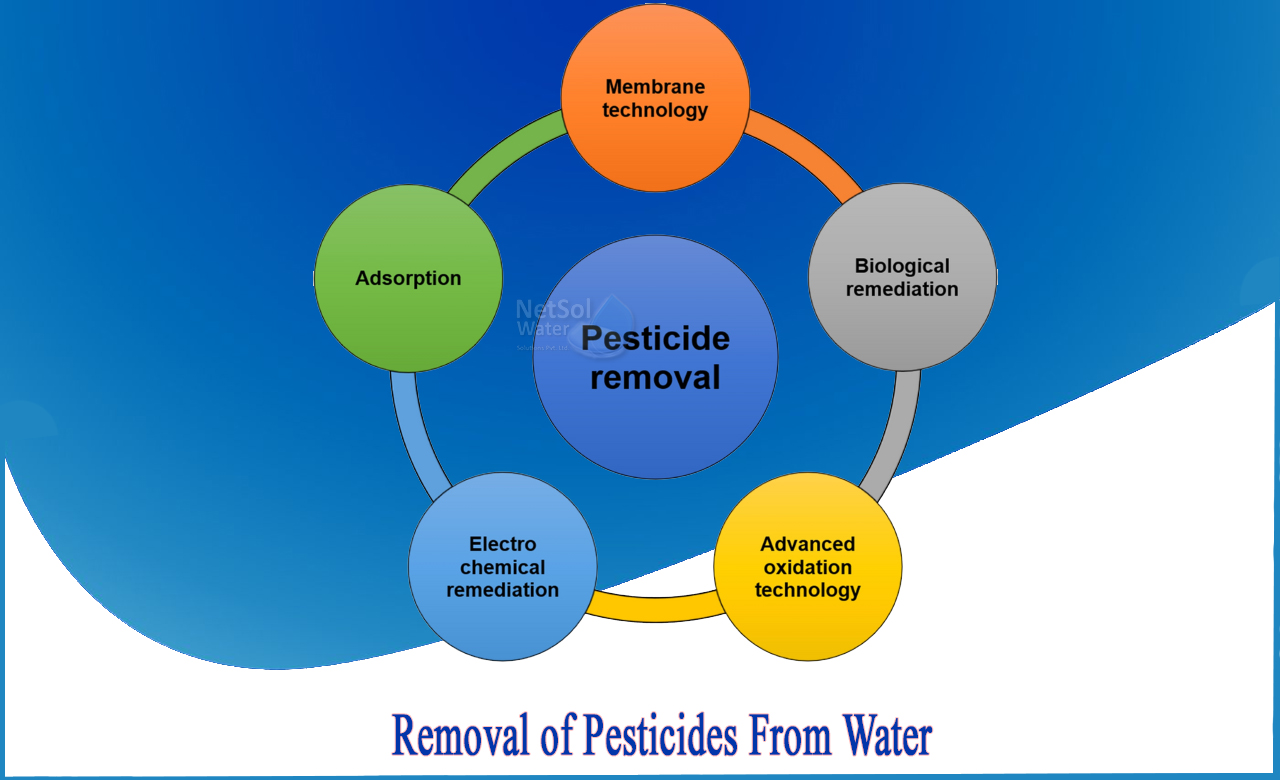What Are Pesticides?
The Centre for Disease Control and Prevention measures pesticides and other chemicals in the human bodies. In the most recent study, they tested for 212 chemicals, including 44 pesticides — and found most of them.
Research tells us that even in tiny doses, many pesticides can derail the delicate systems that control our development, health and reproduction, and the evidence continues to mount. We know more than enough to act.
The impact of these findings that were published by prominent scholars raises a lot of questions about the threat posed by modern farming techniques. The creatures most at threat, are of course the targeted group; insects. These insects form the base of the food chain for both birds and aquatic life.
Another recent study in Holland showed a decline in aquatic and avian life in areas where insecticides had been used. The concentrations found in the U.S. are decreased than the level that the Environmental Protection Agency (EPA) considers to be fatal for aquatic insects which is alarming. Other scientists believe that the EPA estimates for toxicity levels may be too high and further study is required.
DETECTION OF PESTICIDES
Cause for concern stems from the wide array of chemicals being washed into waterways/storm drains—many of which are NOT on the list of regulated contaminants. In fact, a study found 1600 contaminants in the water and only 100 of those are being monitored. Thus, potentially hundreds of chemicals are undetected and untreated, including many pesticides. This disposal into water bodies can lead to the pollution in the water body that goes unnoticed and may prove fatal to aquatic ecosystem.

REMOVAL OF PESTICIDES
One of the best ways to remove 97-99% of all pesticides, insecticides and herbicides from drinking water is with a reverse osmosis that incorporates activated carbon filters. Carbon filters are extremely effective in filtering out a variety of contaminants including pesticides, THMs like chloroform, organic chemicals, and many VOCs that are components of gasoline, solvents and industrial cleaners.
RO is a water treatment process that removes contaminants from water by using pressure to force water molecules through a semipermeable membrane. During the process, contaminants are filtered out and flushed away out of raw water, leaving pristine, delicious drinking water. Reverse osmosis can remove up to 99 percent of many different contaminants from the feed.
The other device that will remove almost everything from water is a distiller. Distillers electrically heat water until it turns to steam; the steam then condenses and turns back into water in a separate chamber, leaving behind 99 percent of the contaminants. The disadvantage of distillers is that countertop models must be filled manually and they use a lot of electricity and may take several hours to produce one gallon of water. Distillers do not remove metals such as lead and copper from the water.
The long term measures at your household faucet are only the first steps toward an end goal of clean water from source to tap. We must consider how the trajectory on which we are headed will impact future generations, and make adjustments so that a reliance on short-term solutions does not become ingrained in how we respond to these problems.
Netsol Water is Greater Noida-based leading water & wastewater treatment plant manufacturer. We are industry's most demanding company based on client review and work quality. We are known as best commercial RO plant manufacturer, industrial RO plant manufacturer, sewage treatment plant manufacturer, Water Softener Plant Manufacturers and effluent treatment plant manufacturers. Apart from this 24x7 customer support is our USP. Call on +91-9650608473, or write us at enquiry@netsolwater.com for any support, inquiry or product-purchase related query.



